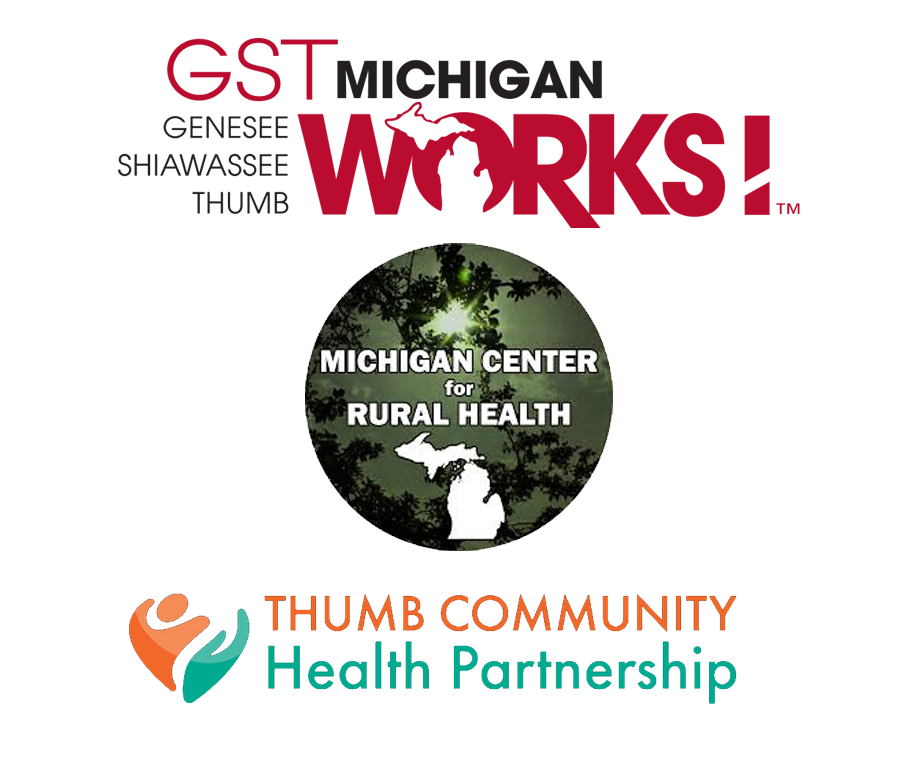UM-Flint School of Nursing receives $3.94M grant to address rural nursing shortage

The University of Michigan-Flint School of Nursing has announced the launch of an initiative aimed at addressing the critical nursing shortage in Michigan's Thumb region. The UM-Flint Educates Rural Nurses program, also known as the UM-FERN project, is backed by a four-year, $3.94 million grant from the Health Resources and Services Administration and seeks to increase the number of nurses in rural and underserved communities, particularly in Huron, Lapeer, Sanilac and Tuscola counties.

The project is led by two SON faculty members. Megan Keiser, professor of nursing and director of academic programs, who serves as project manager, and Carman Turkelson, professor of nursing and director of the Center for Simulation & Clinical Innovation, who works as UM-FERN's assistant director.
"This initiative aligns with the guidelines set forth by the National Academy of Medicine's 'Future of Nursing 2020-2030' report and emphasizes the importance of increasing nursing education opportunities," said Keiser. "Our goal is to equip local residents with the skills necessary to better serve their communities and ultimately improve the quality of health care available in these underserved regions."
Michigan is among the 10 states experiencing the most severe nursing shortages in the United States, and the impact is especially pronounced in rural areas like the Thumb region. The nursing shortage negatively affects health care quality and accessibility, putting additional strain on existing workers and facilities.
The key objectives of the project are:
- Increasing enrollment and graduation rates. The project aims to elevate the number of BSN students from the thumb region by providing financial support for prerequisite courses and the accelerated bachelor of science in nursing program.
- Offering specialized training. Develop opportunities for students to receive targeted training in acute and long-term care settings within the Thumb region.
- Providing an accelerated pathway. Create and implement the UM-FERN program, focusing on developing an accelerated pathway designed specifically to address the shortage of nurses in rural and underserved areas.
- Establishing clinical faculty and preceptors. To ensure comprehensive clinical training for students, dedicated clinical faculty and preceptors will be established at health care facilities in the Thumb region.

UM-FERN will utilize advanced simulation-based education, including virtual reality, to provide hands-on training. The Rural Health Nursing Residency offers an 80-hour clinical immersion, preparing students for immediate employment. UM-FERN is also supported by HRSA and partnerships with entities including GST Michigan Works!, the Thumb Community Health Partnership, and the Michigan Center for Rural Health.
To stay up to date with SON, visit the school's Instagram page.
Related Posts
No related photos.
Austin LaFave
Austin is a communications specialist with the School of Nursing. He can be reached at aulafave@umich.edu.